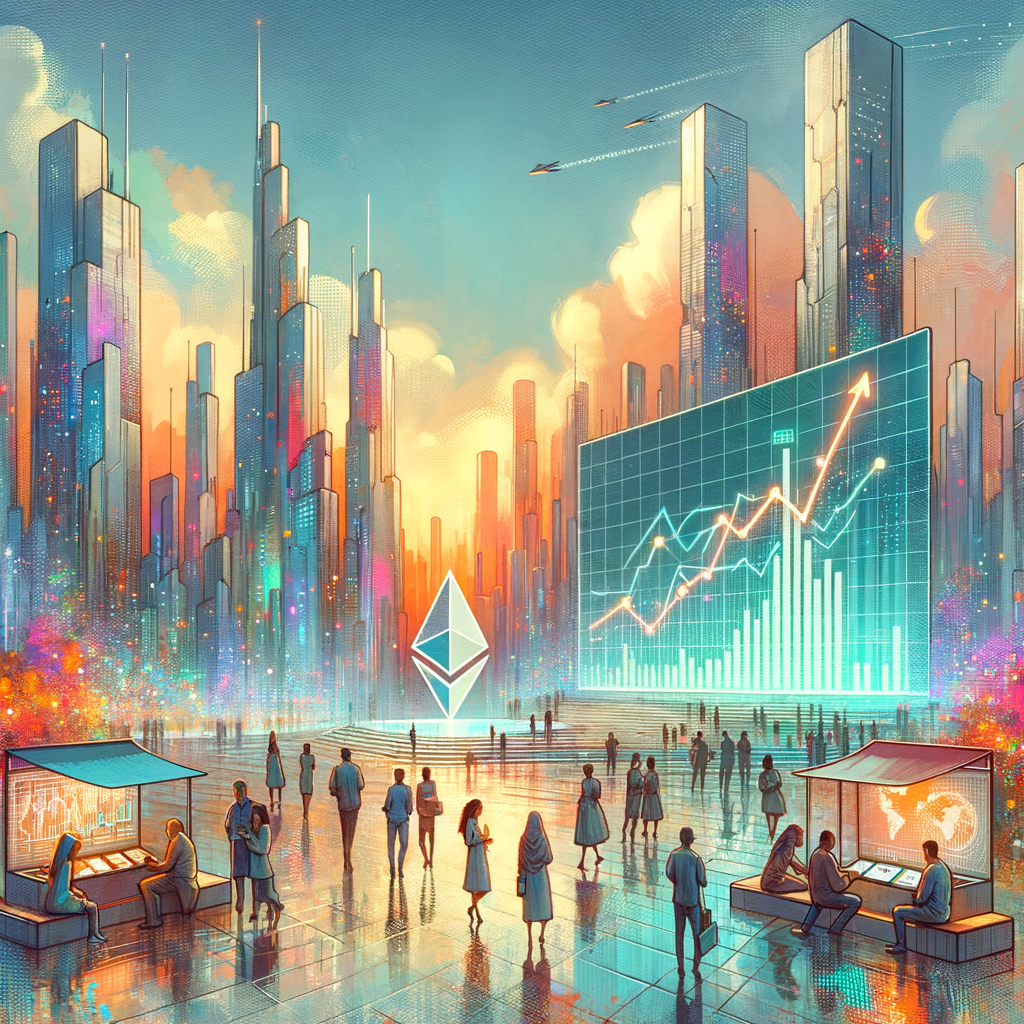It was a late night in 2017 when I received a call from a frantic candidate. He was an experienced software developer, but he was struggling to land a job in blockchain. His traditional resume, filled with impressive credentials and big-name companies, wasn’t opening doors in this new, decentralised world. That conversation sparked a realisation in me: the blockchain evolution doesn’t play by the old rules, and neither should your resume.
Understanding the Shift: Why Blockchain Resumes Are Different
Blockchain technology has revolutionised more than just how we think about money; it’s also reshaped the job market. Gone are the days when a polished resume, listing years of experience in a well-established company, was enough to secure a job. Now, employers in the blockchain space are looking for something more—innovation, adaptability, and a deep understanding of decentralised systems.
Take, for example, the rise of decentralised finance (DeFi). In the early days, few could have predicted its explosive growth. Developers who got in early, even those with little formal education but a strong grasp of smart contracts and Ethereum, found themselves in high demand. Traditional resumes didn’t capture their true value, but a portfolio of successful projects and contributions to open-source initiatives did. This shift means that showcasing relevant skills and experiences in a blockchain context is far more critical than simply listing job titles.
Skills That Matter: Highlighting What Counts
If there’s one thing I’ve learned from years in crypto recruitment, it’s that the skills you highlight can make or break your chances. The blockchain industry values hands-on experience and a willingness to learn over formal qualifications. This is especially true for roles like blockchain developers, smart contract auditors, and DeFi strategists.
Let’s talk about smart contract development. You might have a computer science degree, but if you haven’t written, tested, and deployed smart contracts on a platform like Ethereum, you’re not likely to impress. Employers want to see proof that you can navigate the unique challenges of blockchain development—things like gas optimisation, security vulnerabilities, and understanding consensus mechanisms.
On the flip side, even non-technical roles in blockchain require specialised knowledge. Marketing professionals, for instance, need to demonstrate an understanding of the crypto audience, which is vastly different from traditional markets. As the blockchain evolution continues, highlighting experience with community management in a decentralised environment or successfully launching a token can set you apart.
Experience Over Education: Why Your Projects Speak Louder Than Degrees
One of the biggest mistakes I see is candidates focusing too much on their educational background. Don’t get me wrong—education is important, but in the blockchain space, what you’ve done often matters more than where you studied. Employers want to know what you can bring to the table immediately.
For example, I recently worked with a candidate who had no formal blockchain education but had spent the last few years contributing to various open-source blockchain projects. His resume didn’t scream “traditional expert,” but it did showcase his ability to build and deploy blockchain applications, collaborate with decentralised teams, and solve complex problems. He landed a senior position at a well-known blockchain startup, not because of his degree, but because of his proven experience.
Future-Proofing Your Resume: What You Need to Do Now
So, how do you make sure your resume is future-ready for the blockchain industry? Start by taking inventory of your skills and experiences that are relevant to blockchain. Think about the projects you’ve worked on, the problems you’ve solved, and the innovations you’ve been part of. These are the things that will catch an employer’s eye.
Next, consider the direction the industry is heading. Are you familiar with the latest developments in zero-knowledge proofs or layer 2 solutions? Have you contributed to discussions about the ethical implications of blockchain technology? Staying current with industry trends and demonstrating your involvement in them can give your resume the edge it needs.
Finally, don’t be afraid to break away from the traditional resume format. Blockchain employers often appreciate creativity and out-of-the-box thinking. Consider including links to your GitHub profile, a personal website where you discuss blockchain topics, or even a blog where you share your insights on the industry. The more you can show that you’re deeply embedded in the blockchain world, the better.
The Evolution Is Here—Is Your Resume Ready?
Blockchain technology is constantly evolving, and the job market is evolving with it. This blockchain evolution means that the traditional resume might have served you well in the past, but if you want to thrive in the blockchain space, you need to adapt. Focus on showcasing relevant skills, real-world experience, and a deep understanding of blockchain technology. After all, in this fast-paced, decentralised world, it’s not just about where you’ve been—it’s about where you’re going.



